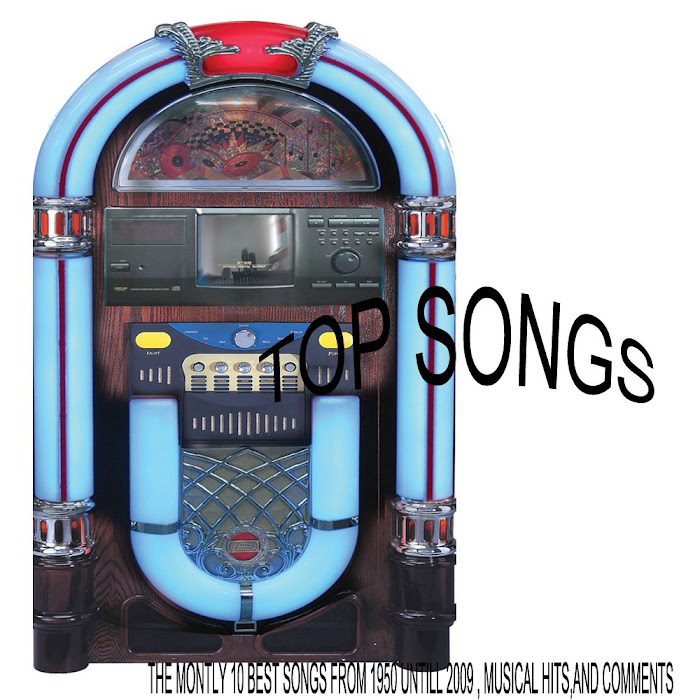Steppenwolf
The name-change from "Sparrow" to "Steppenwolf" was suggested to John Kay by Gabriel Mekler, being inspired by Hermann Hesse's novel of the same name. Steppenwolf's first two singles were "A Girl I Knew" and "Sookie Sookie". The band finally rocketed to worldwide fame after their third single, "Born to Be Wild", and their version of Hoyt Axton's "The Pusher" were prominently used in the 1969 cult film Easy Rider (both titles originally had been released on the band's debut album). In the movie, "The Pusher" accompanies a drug deal, and Peter Fonda stuffing dollar bills into his Stars & Stripes-clad fuel tank, while "Born to Be Wild" is then heard in the opening credits, with Fonda and Dennis Hopper riding their Harley choppers through the American West. The song, which has been closely associated with motorcycles ever since, introduced to rock lyrics the signature term "heavy metal" (though not about a kind of music, but about a motorcycle: "I like smoke and lightning, heavy metal thunder, racin' with the wind..."). Written by Dennis Edmonton, who had begun using the pen name Mars Bonfire, the song had already reached #2 on the Hot 100 in August 1968.
Then followed albums had several more hits, including "Magic Carpet Ride" (which reached #3) from Steppenwolf The Second and "Rock Me" (which reached #10) from At Your Birthday Party.
Monster, which criticized US policy of the Nixon-era, and Steppenwolf 7 were the band's most political albums, which included the song "Snowblind Friend", another Axton-penned song, about the era and attitudes of drug problems. These albums are still fondly remembered by fans as two of the best rock & roll snapshots of the attitudes of the late 1960s and early 1970s.
There were several changes in the group's personnel after the first few years. Moreve was fired from the group in 1968 for missing gigs after he became afraid to return to Los Angeles, convinced that it was going to be leveled by an earthquake and fall into the sea. Rob Black filled in for Moreve until Nick St. Nicholas, Kay's old German buddy and former Sparrow member, came aboard. Monarch quit after disagreements with Kay that same year and was replaced by Larry Byrom. St. Nicholas' tenure with the group proved to be brief and he himself was let go in 1970 after incurring Kay's wrath by showing up onstage in a bunny suit and playing his bass loudly and out of tune. The above tales were related by Kay in his 1994 autobiography Magic Carpet Ride (co-written with Canadian author John Einarson). George Biondo was then recruited and guitarist Kent Henry replaced Byrom in 1971.
The band broke up in 1972 following the release of another political concept album, For Ladies Only, and Kay went on to a successful though inconsistent solo career, scoring a minor solo hit in 1972 with "I'm Movin' On" from his album Forgotten Songs and Unsung Heroes.
Kay toured Europe as The John Kay Band in 1972, and Steppenwolf with Steppenwolf also on the bill, Kay fronting both groups. His rapport with Steppenwolf and the audiences' enthusiastic responses convinced him that maybe Steppenwolf had disbanded prematurely.





No hay comentarios:
Publicar un comentario